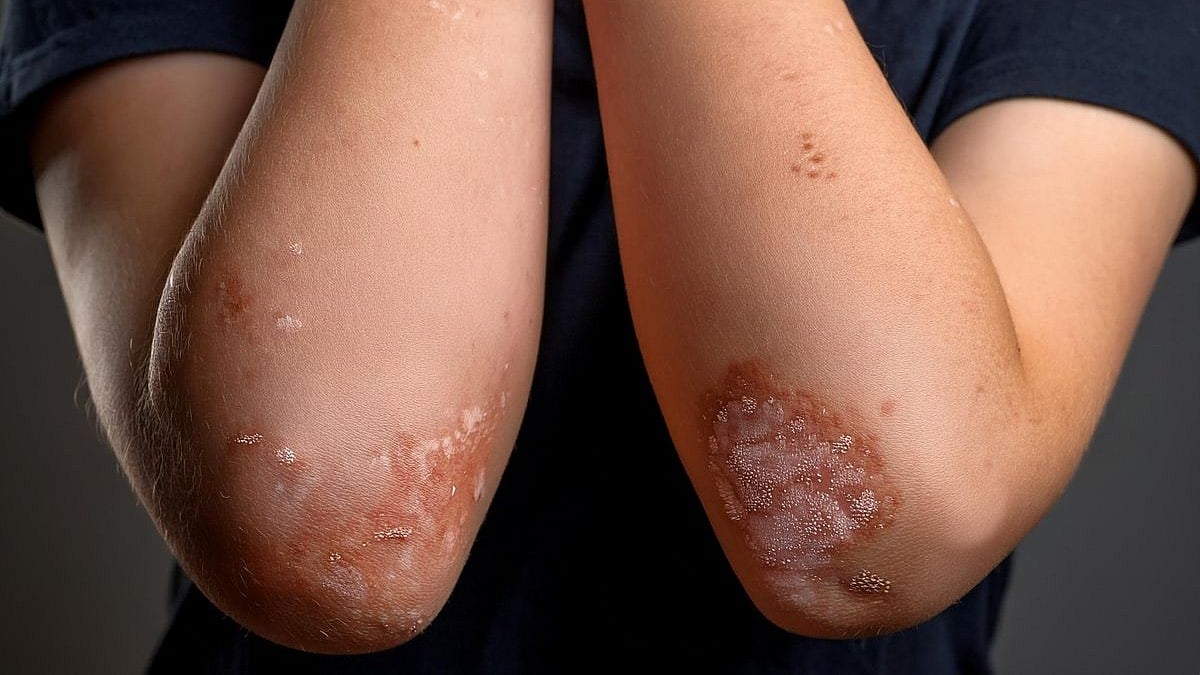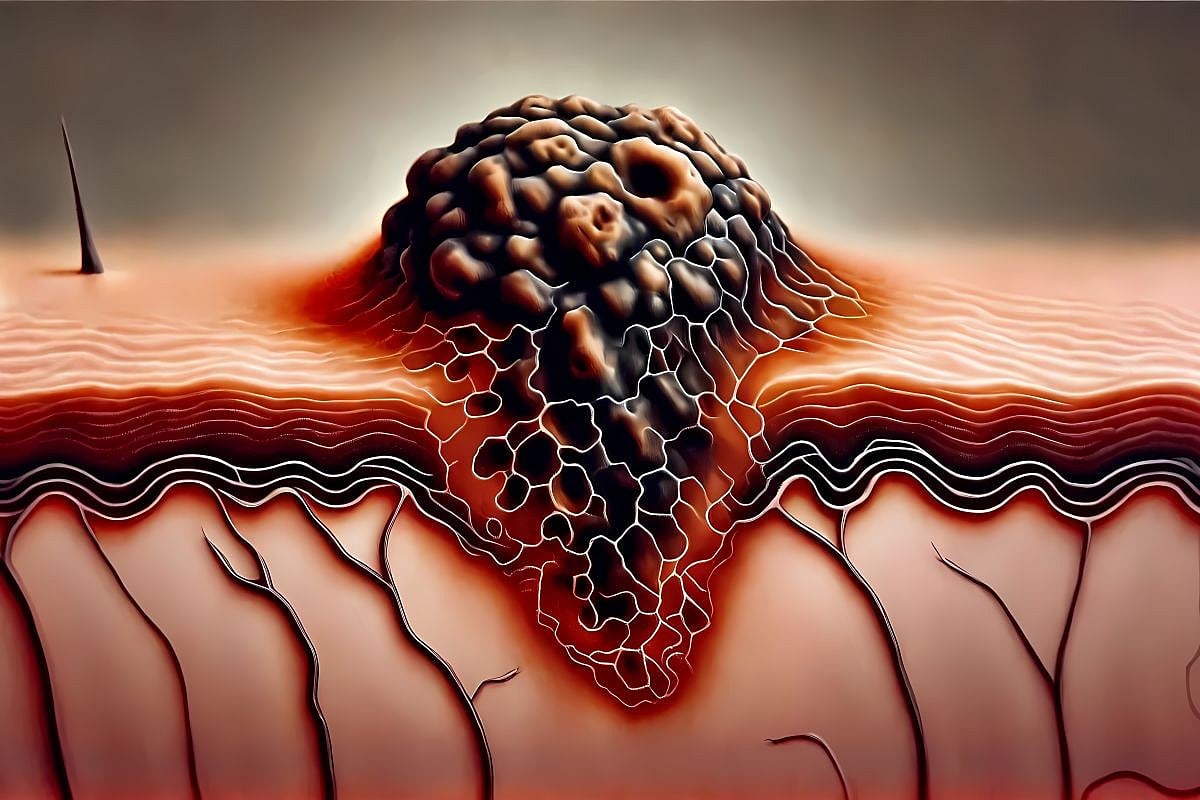Complete response rate was 37 percent, and post-hoc end point of objective response rate was 89 percent
By Elana Gotkine HealthDay Reporter
TUESDAY, Aug. 19, 2025 (HealthDay News) — Patients with advanced desmoplastic melanoma have high response to single-agent anti-programmed death protein 1 (PD-1) therapy, according to a study published online Aug. 14 in Nature Medicine.
Kari L. Kendra, M.D., Ph.D., from The Ohio State University Wexner Medical Center in Columbus, examined the activity of pembrolizumab in patients with surgically unresectable desmoplastic melanoma in a single-arm clinical trial, which enrolled 27 patients who received pembrolizumab 200 mg intravenously every three weeks for up to two years.
The researchers found that the complete response rate was 37 percent and the post-hoc end point of objective response rate was 89 percent. In terms of estimated secondary end points, three-year melanoma-specific progression-free survival was 84 percent and overall survival was 96 percent; one patient died of melanoma progression. Overall, 10 and nine patients (37 and 33 percent) experienced grade 3 to 4 adverse events and discontinued treatment due to adverse events, respectively.
“The promising results from this trial show that pembrolizumab can offer durable benefit for patients with a melanoma subtype that previously had no successful treatment options, and now we know that desmoplastic melanoma is among the cancers with the highest response rates to the anti-PD-1 class of cancer immunotherapies,” senior author Antoni Ribas, M.D., Ph.D., from the University of California, Los Angeles, said in a statement.
Several authors disclosed ties to the biopharmaceutical industry.
Abstract/Full Text (subscription or payment may be required)
Copyright © 2025 HealthDay. All rights reserved.






